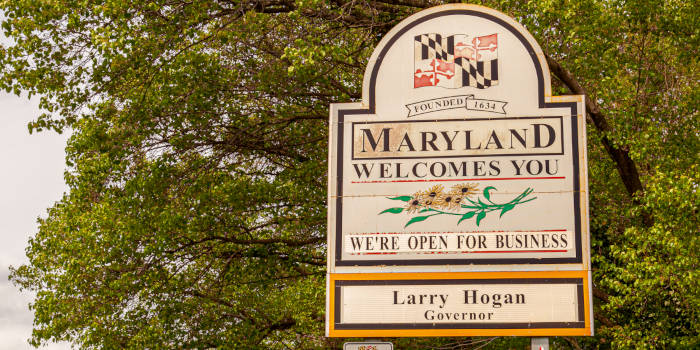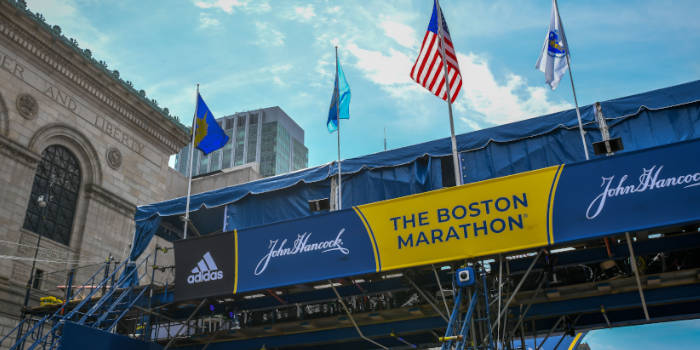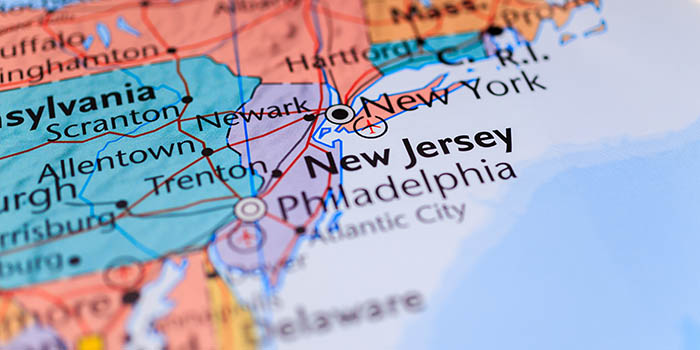Georgia Senator Calls for Regulation of Pari-Mutuel Horse Racing Betting

Sen. Brandon Beach is determined to see the legalization of horse racing in Georgia through, as he appeals to voters and lawmakers.
Voters in Georgia May Soon Decide Fate of Pari-Mutuel Betting
Georgia will explore the prospect of legalizing pari-mutuel betting on horse races anew as another bill is already on the move. The initiative is now backed by Sen. Brandon Beach who argues that legalizing gambling on horse racing could lead to bigger tax revenue for the state, additional job creation and pull in investment as well as bolster the state’s tourism industry.
Beach’s strategy involves a two-pronged approach. On the one hand he’s putting forth a call for a state referendum. That would allow voters to decide the fate of the activity. On the other, he’s introducing a bill that should explain how a future pari-mutuel gambling industry would be regulated.
Beach pitched his ideas during a Senate Regulated Industries and Utilities Committee hearing on Tuesday. The senator is determined to see the measure through. In his opinion, there is some $1 billion to be tapped each year should Georgian residents cast their votes in the affirmative.
He compared horse racing to the movie business and argued that it would take far less effort to set up a successful betting industry. After all, betting operators would not require tax breaks and reliefs, Beach argued, speaking to the Committee.
To the contrary, any interested stakeholders would need to bring their own capital in the country and then pay additional money to hire and train staff, invest in local infrastructure, obtain a permit and pay tax on revenue.
Constructing the Future of Horse Racing Betting in Georgia
Beach already has a plan. He calls for the creation of three facilities that feature a racetrack. The facilities would come with various amenities, such as dining and food quarters as well as hotels. One of these proposed projects would have to be within 50 miles of the Hartsfield-Jackson Atlanta International Airport.
Beach expects to see an investment of at least $250 million to realize the first and main project. As to the other two facilities, Beach has said that $125 million for each would suffice. They would be located in less populated and worse connected areas that can still benefit and attract betting action.
The senator is confident that horse racing would be a stable source of revenue for Georgians. The industry would be generating revenue through pari-mutuel, simulcast races, and then, historic racing machines. All three methods would be great contributors to state budgets and businesses on their own. Combined, they can see Beach’s $1 billion economic pact become a reality.
He correctly acknowledged that historical racing machines – not unlike slots – were generators of sufficient revenue for states. Beach also appealed to the Georgia Horse Racing Coalition. The senator argued that racetracks can be successful without the need of building a traditional casino resort.
Not everyone has been so optimistic about the future though. Citizen Impact’s Paul Smith argued that, to the contrary, legalizing horse racing would not give the economic facelift the state needs.
According to Smith, for every $1 dollar in gambling revenue, there was $3 in social costs that the state would have to foot. Despite this, voters seem inclined to give pari-mutuel horse race betting a fair shot.
Just like in most other states in the United States, the time has come for voters to decide the fate of the gambling industry.
Mike made his mark on the industry at a young age as a consultant to companies that would grow to become regulators. Now he dedicates his weekdays to his new project a the lead editor of GamblingNews.com, aiming to educate the masses on the latest developments in the gambling circuit.














